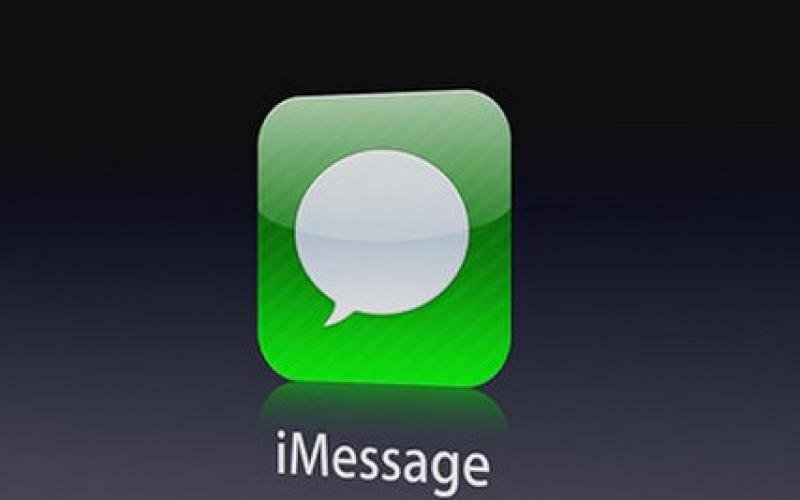More than 90 groups around the world, dealing with the policy and rights of internet users, published an open letter today, calling on Apple to abandon its plans to scan underage children's cell phones for nude content and adult cell phones for images of child sexual abuse.

The largest campaign to date was organized by the US-based non-profit Center for Democracy & Technology (CDT), which raises the issue of encryption of companys.
There have also been protests by several groups in Brazil, where courts have repeatedly blocked Facebook's WhatsApp, for failing to decrypt messages in criminal investigations, and the senate has passed a bill requiring message tracking. A similar law was passed in India this year.
Other signatories to the protest came from Mexico, Germany, Argentina, Ghana and Tanzania.
Apple had made the announcement of her intentions two weeks ago, and since then the outcry as it goes and grows. In contrast, Apple offered a series of explanations and documents to argue that the risks are quite low.
An Apple spokesman said his company had addressed privacy and security concerns in a document released Friday explaining the complex architecture of scanning software. will have to resist attempts to overthrow it.
Apple also said it would reject requests to extend the image detection system beyond images of children labeled by authorities, although it has not said it will comply with a court order.
While most of her objections so far have been to device scanning, the letter she received also opposes another change to iMessage, specifically family accounts. The new change will attempt to detect and obfuscate nude content in children's messages, allowing them to see it only if they are notified and opt-in, the parents their.
The signatories of the protests stated that this step could hinder those children who are looking for educational material. In general, they said the change would break the end-to-end encryption for iMessage, which Apple is resolutely defending in other contexts.
Other groups that signed the prevention of this energy they are the American Civil Liberties Union, Electronic Frontier Foundation, Access Now, Privacy International and the Tor Project.





